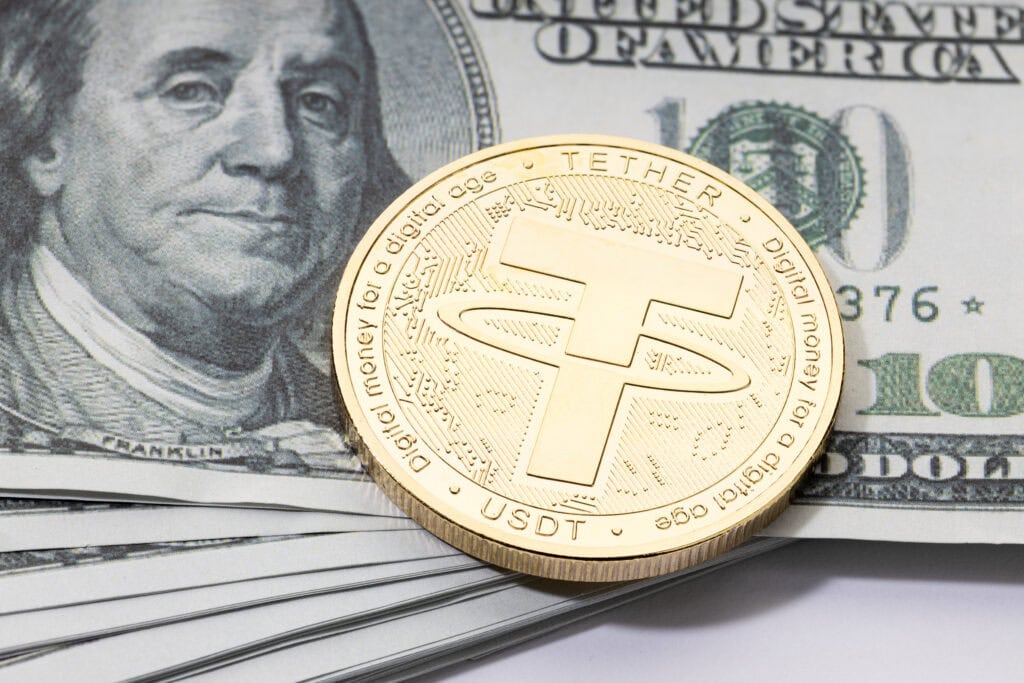
Key Takeaways:
- Toyota, Yamaha, and BYD now accept USDT in Bolivia amid a deep USD shortage and shifting crypto policy.
- Bolivia lifted its crypto ban in June 2024, enabling rapid adoption of stablecoins for trade, imports, and retail use.
- Businesses and importers are increasingly using USDT, helping establish a circular stablecoin economy.
Toyota, Yamaha, and BYD have begun accepting Tether (USDT) payments in Bolivia, marking a significant milestone for stablecoin adoption in a country struggling with a severe U.S. dollar shortage.
Tether CEO Paolo Ardoino announced the development, while BitGo confirmed the first Toyota purchase with USDT and helped set up secure custody systems with local dealerships.
Toyota, BYD, Yamaha accepting USDT in Bolivia
— Paolo Ardoino 🤖 (@paoloardoino) September 21, 2025
"Tu vehiculo en dolares digital"
USDT is the digital dollar for hundreds of millions in the emerging markets.
Ubiquity. pic.twitter.com/0X0SH3USXX
This shift comes after Bolivia lifted its long-standing crypto ban in June 2024, allowing banks to process Bitcoin and stablecoin transactions.
Adoption has accelerated since, with the state oil company cleared to use crypto for fuel imports and airport shops now pricing items in USDT.
Bolivia’s foreign reserves have collapsed by 98% since 2014, sparking reliance on alternatives like stablecoins.
Businesses increasingly use USDT to bypass dollar shortages, paying suppliers abroad and even pricing imports in stablecoins, creating a circular crypto economy.
The country’s economic direction now hinges on the October 19 runoff election between Rodrigo Paz Pereira, who backs blockchain anti-corruption measures, and Jorge “Tuto” Quiroga, whose stance on crypto remains unclear.
This political outcome could shape Bolivia’s long-term embrace of digital assets.

